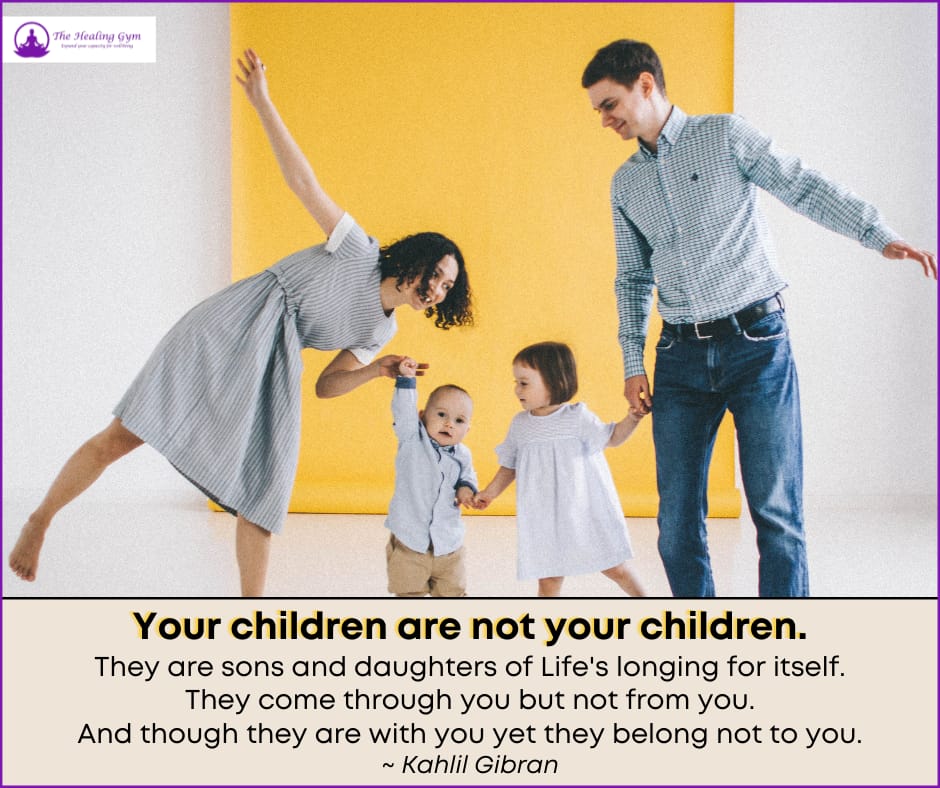Almost a century ago, in 1923, the Lebanese-American poet, painter, and philosopher Kahlil Gibran addressed the essence of parenting in a short passage in his famous book, The Prophet.
He says: ‘Your children are not your children.
They are sons and daughters of Life’s longing for itself.
They come through you but not from you.
And though they are with you yet they belong not to you’
As parents, we all feel a biological, emotional and spiritual connection with our children. We have chosen to have these children and we are conscientiously raising them, teaching and loving them. What does Kahlil Gibran mean when he says that these are not our own children?
When we look at these poignant lines more closely, a profound truth about life is revealed: we do not ‘own’ our children. They do not ‘belong’ to us like our homes or our cars. While we may have chosen to be the means to bring them to this world, we did not create them.
A force greater than ourselves — we can call it God, nature, Gibran refers to it as: “Life’s longing for itself,” it is this force that is responsible for the creation of our children.

Our kids come to this world with their own unique identity, and their own unique part to play in this world. We have little idea about their innate potential, and we have absolutely no clue how their future will turn out to be.
While we can take care of them and offer them our very best, we cannot make them think like us or have beliefs like ours. And we shouldn’t want to make them like ourselves because they will need different thoughts and beliefs to navigate a world we can’t foresee. Our children have come into this world for a different purpose and they have been created to fulfill their own unique destiny, separate and apart from our own.
In this connection it is worthwhile to remember that we are mere gardeners, tending these young saplings. Through our sincere parenting practices, we endeavor to help them grow and bloom to their true potential, helping them live a life of purpose. All the while, we might want to remember, we are only the ‘gardener’ and not the ‘owner’.
